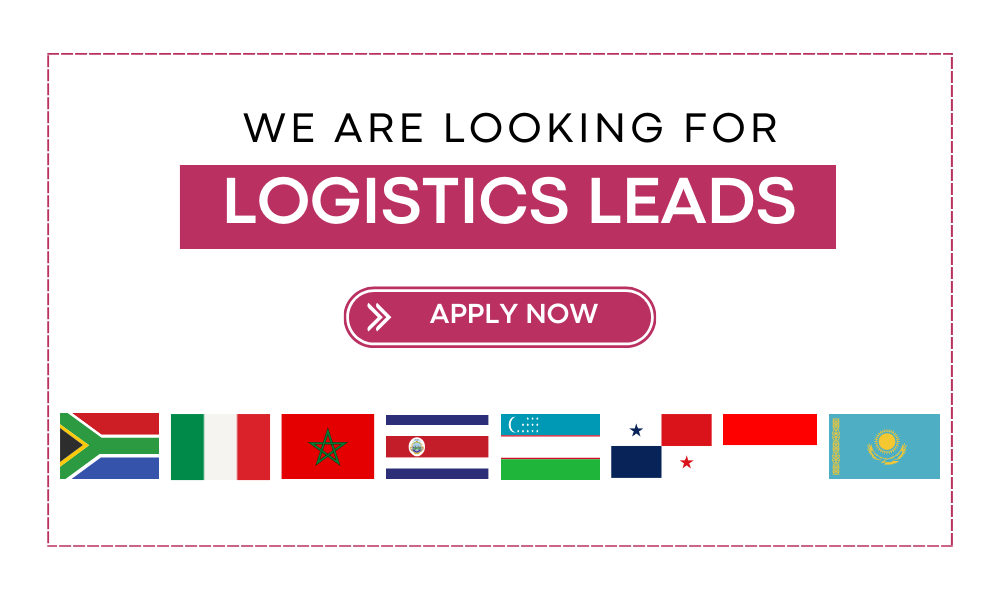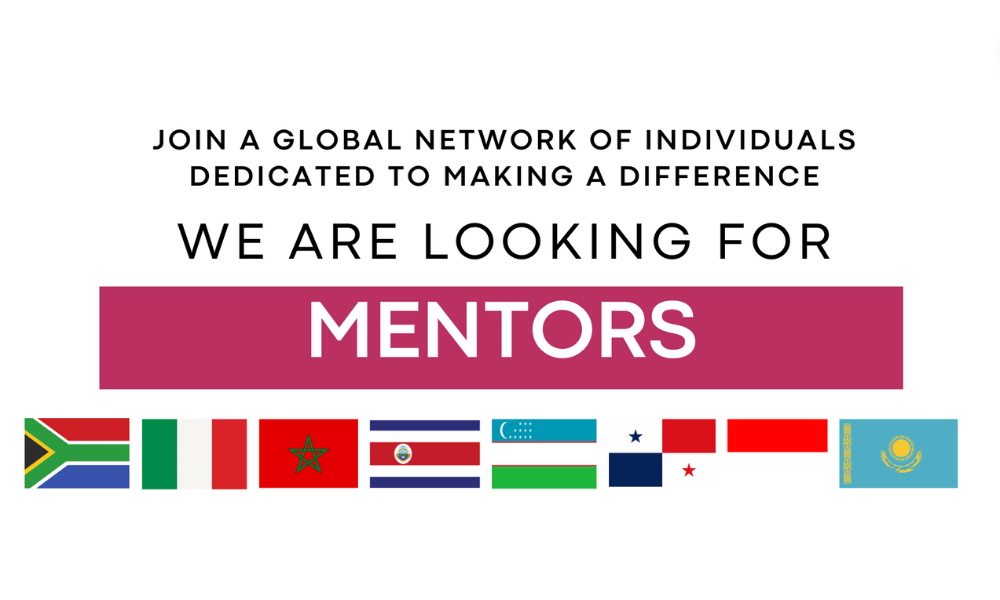In a world inundated with easily accessible knowledge through artificial intelligence, the conventional notion of learning undergoes a transformation. With information at our fingertips, the question arises: in a landscape saturated with online classes and AI, what does it truly mean to learn?
Learning, in this context, surpasses the accumulation of facts. It demands an experiential approach that goes beyond virtual lectures. This is where the significance of experiential education and social entrepreneurship comes in. It’s about actively engaging with knowledge, immersing oneself in real-world scenarios, and contributing to society.
In this era of unprecedented access to information, the true measure of learning lies not just in knowledge acquired but in the ability to apply, innovate, and contribute meaningfully. Experiential education becomes a guiding philosophy, propelling individuals beyond information overload towards a journey marked by doing and giving.
PIM’s educational philosophy revolves around two fundamental pillars: experiential learning, encapsulated in our approach as “learning by doing”, and “purpose”. Since early 2018, we have developed and refined a specialized social entrepreneurship curriculum, which has been used in a number of our programs such as Zero to One, TechImpact Academy, UNDP Design Thinking Camp, Young Innovators Bootcamp, serving youths as young as 8 years old to college and graduate students.
Experiences, by nature, transform perspectives, instill empathy, and drive action. They are universally impactful, catering to individuals with diverse starting points. To make these experiences more tangible, we integrate real resources to instigate natural consequences. Rather than merely imparting knowledge, our goal is to empower participants as decision-makers, placing them in authentic scenarios with real responsibilities and providing a platform for creating tangible value. In many of our courses, the students come up with solutions and those who are serious about their commitment are given real resources (seed funding between $2,000-$100,000 USD based on project scope) as well as mentorship for their development.
Moving on to the concept of purpose, we consider it increasingly vital in an era where AI threatens job security and economic productivity. The question arises: what is the purpose of our endeavors? Contrary to popular belief, we assert that purpose doesn’t come naturally to everyone, but is cultivated through experience and reflection, actively discovering the intersection between one’s strengths and the world’s needs. Conventional leadership and learning approaches often fall short in providing sufficient opportunities for this discovery. Our programs not only expose individuals to global needs but also demand the application of diverse skill sets, fostering a sense of purpose through meaningful engagement and reflection.
Our curriculum for social entrepreneurship includes the following key modules:
- Problem Discovery, Customer Needs, and Problem Definition
- Solution Landscape Analysis
- Ideation and Prioritization of Solutions
- Social Business Model and Financial Projections
- Prototype Development and Testing
- Pitching and Storytelling
These subjects encapsulate a wealth of knowledge, much of which has been covered by top universities and institutions. At PIM, we’re not aiming to reinvent the wheel. Instead, we fundamentally integrate these curriculum frameworks with the experiences themselves, placing a strong emphasis on soft skills like experimentation, fostering a growth mindset, and effective collaboration. Our approach includes small group mentorship with student teams, with 1-3 teams paired with a dedicated mentor/facilitator to track their growth and address their unique needs.
The core of mentorship is especially important, as many of the challenges that students face are not necessarily around the material itself. Interestingly, we’ve observed that hard knowledge seldom fazes our students and entrepreneurs. It’s the intricacies of interpersonal dynamics, goal-setting and decision-making, that often prove challenging. In contrast to traditional classrooms that tend to prioritize knowledge transfer, our unique methodology adopts the flipped classroom model. Knowledge is primarily conveyed through our playbook, pre-recorded videos, and online courses, while our classroom time focuses on mentor-led group work. At PIM, we believe that a human mentor, or perhaps in the future, an AI trained in interpersonal dynamics, plays a unique role in cultivating student learning and bringing them closer to their mission.
Case Studies of Transformative Journeys: Unveiling the Impact of PIM’s Experiential Programs
FarmAI in Algeria: Bridging Agriculture with Technology
FarmAI, a visionary project born from PIM’s Tech4Good Program, showcases the intersection of technology and traditional farming. Algerian students embarked on a mission to transform crop disease monitoring through the innovative use of drone technology and artificial intelligence. This initiative not only secured a substantial $100,000 grant but also earned a year of dedicated mentorship, accelerating its journey from concept to reality. Within just six months, the team successfully completed AI model testing and moved towards pilot testing with partner farms. This project’s journey from a mere idea to receiving presidential approval in Algeria is a testament to the power of social entrepreneurship education in addressing pressing global challenges and sparking systemic change. Learn more about their story here.
Aquatiba in Uzbekistan: A Personal Quest for Water Solutions
Aquatiba’s story begins with Nodira’s childhood memories in Uzbekistan’s Khorezm region, where water salinization was a palpable issue. This personal experience fueled a deep-rooted mission to devise a sustainable solution. Alongside Otabek, a scientist with a shared background in water-scarce regions, they developed a groundbreaking water desalination project using lignin, a bio-waste material. Their innovative approach to creating smart filters aimed at assisting farmers in purifying water exemplifies how personal narratives and scientific innovation can converge to address environmental crises, demonstrating the profound impact of social entrepreneurship on community well-being and environmental sustainability. Learn more about their story here.
GrannyGray in China: Art as a Medium for Elderly Engagement
In the midst of the COVID-19 pandemic, a team of students from China’s Central Academy of Fine Arts sought to mitigate the isolation felt by the elderly through art. Their project, developed during PIM’s Zero to One program, evolved into an online platform offering art-based courses tailored for the elderly. This initiative not only provided a creative outlet for seniors but also fostered a sense of community and connection during a time of widespread isolation, highlighting the role of social entrepreneurship in leveraging creativity to address social issues.
Observing the Critical Journey: Beyond Working Projects
In the post-program phase, while the number of active working projects may not be the sole metric, it becomes clear that the student journey often extends beyond immediate project involvement. Many participants continue their educational pursuits, contributing to the broader ecosystem of knowledge dissemination. Those who actively engage in projects, like FarmAI and Granny Gray, not only bring about tangible change but also serve as beacons of inspiration for future cohorts. However, there are also many who, despite not continuing on with their projects beyond the program, have used this experience in many ways to build their career and define their purpose.
At PIM, we understand that evaluating the Social Return on Investment (SROI) of our programs goes beyond traditional metrics. We focus on capturing the essence of transformation—measuring behavior change, shifts in attitude and mindset, and the tangible impact on participants’ career and life conditions. While knowledge transfer is acknowledged, our emphasis lies on fostering mission-driven leaders through observable, holistic changes.
Career and Life Conditions: Beyond the Traditional Trajectory
While not everyone embarks on an immediate entrepreneurial journey, the impact on career and life conditions is evident. Participants often report enhanced job satisfaction, career advancement, and a broader understanding of their roles in societal contexts.
The Ripple Effect: Impact on the Broader Ecosystem
The impact of PIM’s experiential education extends beyond individual journeys. Graduates become influencers within their spheres of influence, creating a ripple effect that contributes to societal change. The success of projects like FarmAI resonates not just as isolated achievements but as catalysts for broader systemic transformation.
Conclusion: Beyond Metrics, Fostering Meaningful Change
In conclusion, evaluating the success of PIM’s experiential programs goes beyond numerical metrics. It delves into the intangible yet profound shifts in behavior, attitude, and mindset. The journeys of our students exemplify the transformative power of our approach. As we continue to shape future leaders, our commitment remains unwavering—to create a cohort of mission-driven individuals who go beyond the conventional and catalyze positive change on a global scale.
If you’re a university, organization, or corporation looking to venture into experiential education, consider this strategic guide:
1. Intensive Impact, Concise Duration:
Other than the traditional semester-long formats, consider offering immersive, week-long bootcamps that deliver concentrated learning experiences. These programs should not only impart knowledge but also offer ongoing support mechanisms for those who demonstrate commitment, such as additional mentorship opportunities, seed funding for viable projects, and premium internship placements. Graduates who show exceptional commitment and progress should be invited back as mentors, creating a self-sustaining ecosystem of continuous learning and contribution.
2. Early Ignition, Sustained Motivation:
Begin each program with high-impact capstone experiences designed to immediately engage and inspire participants. This could include dynamic site visits to innovative social enterprises, hands-on volunteer projects, or interactive workshops with leading industry experts. These experiences should be carefully curated to spark curiosity and motivation, setting a strong foundation for the immersive learning journey ahead.
3. Consistent Mentorship Excellence:
Traditional teaching models are often limited by their one-size-fits-all approach. In contrast, experiential education thrives on personalized mentorship. Ensure that students are paired with mentors who not only have expertise in the relevant fields but also possess the empathy and communication skills necessary to guide learners effectively. These mentors should remain with their students throughout the program, fostering a deep, personal connection and providing consistent, tailored support.
4. Global Scale, Local Relevance:
As programs expand internationally, it’s crucial to maintain a curriculum that is globally informed yet locally applicable. Incorporate local mentors and case studies to ensure that learning is relevant and actionable within the specific cultural and economic context of each region. This approach ensures that participants can apply their learning effectively in their local environments while also gaining insights from global best practices.
5. Tech-Driven Progress Monitoring:
Leverage the latest in educational technology to track and assess student progress in real-time. Digital platforms can provide actionable insights into individual and group performance, allowing for timely interventions and support. Additionally, technology can facilitate a more personalized learning experience, adapting to the unique needs and learning styles of each participant. This not only enhances the learning experience but also ensures that students are meeting the program’s objectives and are on track to achieving their personal and professional goals.




